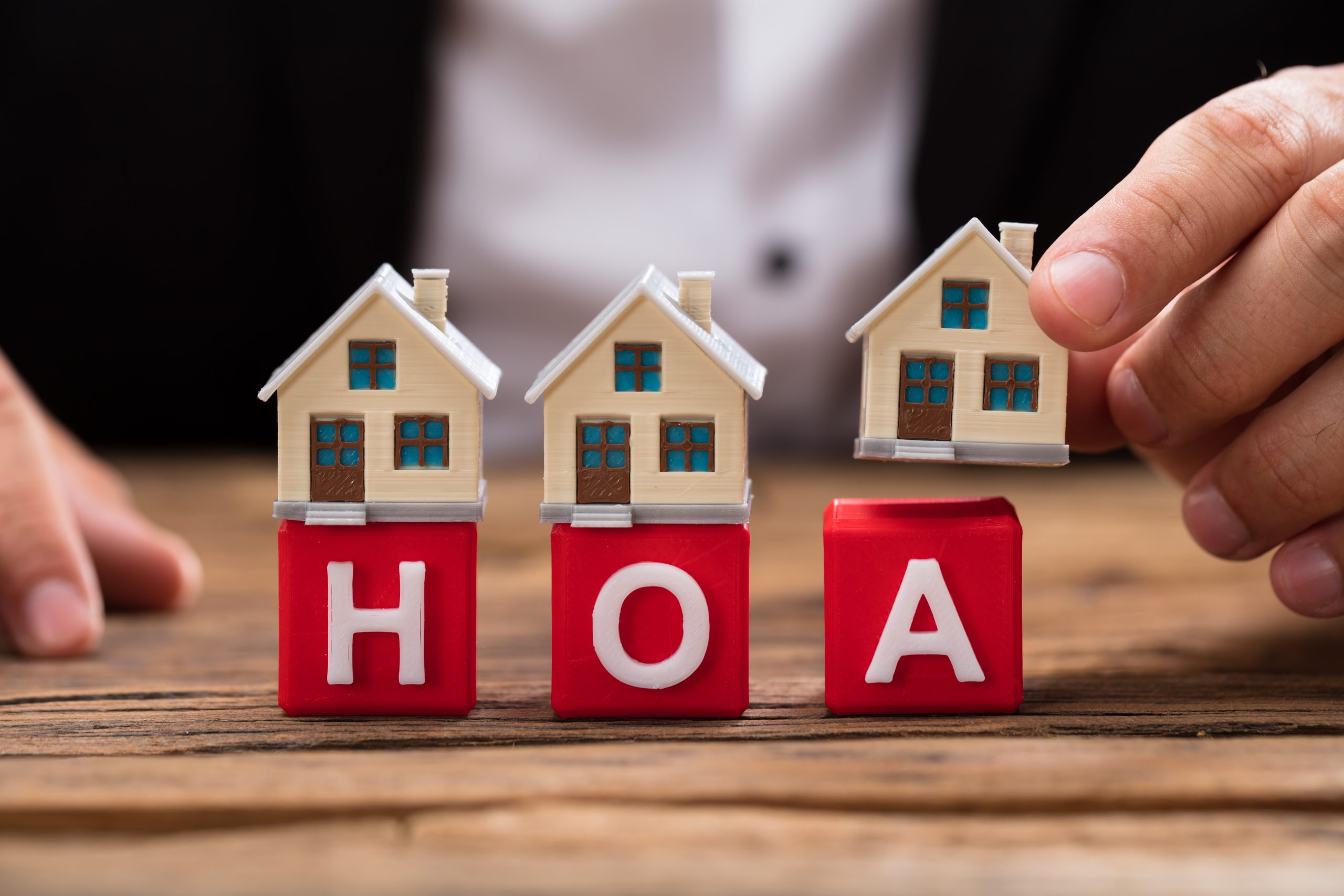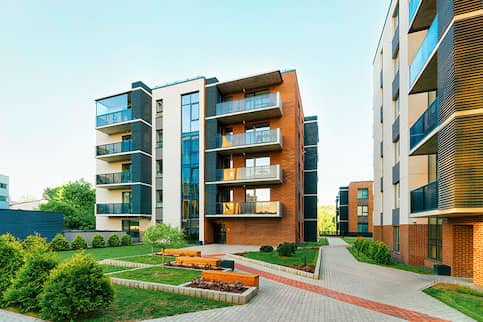Delve into the Future of HOA Condo Developments
Delve into the Future of HOA Condo Developments
Blog Article
The Duty of an HOA in Establishing and Enforcing Neighborhood Standards for Locals
The function of a Homeowners Association (HOA) in developing and applying neighborhood guidelines is essential to maintaining a natural and orderly household environment. By creating clear regulations that control facets such as home maintenance and neighborhood conduct, the HOA not only establishes criteria for locals but likewise promotes a feeling of belonging and liability.
Comprehending Property Owners Organizations
Homeowners organizations (HOAs) function as controling bodies for property communities, playing an essential role in maintaining residential property worths and fostering a sense of neighborhood. Normally formed by designers, HOAs are made up of homeowners within a designated location who elect a board to oversee the organization's activities. The main functions of an HOA include enforcing neighborhood regulations, taking care of usual locations, and organizing area events.
HOAs run under a set of regulating records, including restrictions, conditions, and covenants (CC&R s), which outline the legal rights and responsibilities of house owners. These policies aim to ensure that residential or commercial properties are kept to a specific criterion, thus shielding the visual allure and general worth of the community. Additionally, HOAs often collect dues from property owners to fund upkeep, landscaping, and various other social work.
The visibility of an HOA can considerably influence the living experience within a community (hoa condo). While some citizens value the structured setting and features provided, others may discover certain policies limiting. Stabilizing the passions of all homeowners is essential for an HOA to function successfully, guaranteeing that it serves its designated objective of enhancing neighborhood living while respecting individual house owner civil liberties
Establishing Community Standards

To begin, an HOA needs to carry out surveys or convene that allow citizens to voice their worries and tips. This participatory process cultivates a feeling of ownership and raises conformity. Next, the HOA board need to assess the feedback to determine common styles and concerns that necessitate official inclusion in the standards.
It is also essential to guarantee that the standards are clear, concise, and easily comprehended. Ambiguities can lead to disputes and misconceptions, threatening the function of the standards. Additionally, the standards must be comprehensive, covering various elements of neighborhood living, consisting of property maintenance, noise levels, and use usual locations.
Enforcement of Guidelines
Efficient enforcement of area rules is crucial for keeping order and ensuring that all citizens comply with the established guidelines. An HOA must implement a structured technique to impose these policies, which usually involves a combination of surveillance, communication, and charges for non-compliance.
First, normal inspections and neighborhood patrols can assist determine offenses, ensuring that guidelines are constantly used throughout the neighborhood. This proactive surveillance enables the HOA to attend to concerns prior to they intensify, fostering a feeling of accountability amongst locals.
2nd, clear communication is crucial. Homeowners should be educated of the regulations and the treatments for reporting offenses. An open line of interaction motivates citizens to voice worries and seek explanation on standards, which can improve conformity.
Finally, when infractions happen, the HOA has to apply consequences as detailed in the governing papers. This may include advising letters, penalties, or, in extreme situations, legal activity. It is very important that penalties are used rather and constantly to preserve trust fund within the area. By browse around here effectively implementing rules, an HOA can cultivate a harmonious living atmosphere that mirrors the cumulative values of its locals.
Advantages of HOA Rules
Numerous benefits develop from the execution of HOA laws, which offer to improve the lifestyle within a neighborhood. One primary advantage is the maintenance of residential or commercial property values. By implementing standards for visual appeals and upkeep, HOAs make sure that homes and usual areas continue to be eye-catching, cultivating a preferable living atmosphere that can lead to increased property values with time.
Furthermore, HOA policies promote uniformity and uniformity within the neighborhood. This comprehensibility in design and maintenance assists to produce a feeling of belonging among homeowners, adding to neighborhood satisfaction and a positive ambience. Additionally, developed standards help with problem resolution among neighbors by giving clear assumptions and protocols for behavior, therefore reducing disagreements.
Another significant benefit is the provision of shared services and services. Numerous HOAs take care of community facilities such as swimming pools, parks, and clubs, which improve entertainment chances for citizens. These services not just improve the top quality of life but additionally urge social communication.
Eventually, the laws established forth by an HOA cultivate an efficient, harmonious community, making sure that homeowners appreciate a high standard of living while cultivating a supportive setting for all house owners.
Typical Challenges Faced by HOAs
Among the benefits that homeowners organizations (HOAs) can provide, they additionally run into a range of difficulties that can prevent their performance. Lots of property owners may not participate in meetings or neighborhood activities, leading to a separate between the HOA board and homeowners.
One more challenge is the enforcement of regulations and guidelines. Disputes can arise when citizens really feel that enforcement is irregular or biased, potentially leading to problems within the neighborhood. Additionally, HOAs typically face monetary restraints, which can restrict their ability to keep common locations or fund neighborhood tasks. This can produce frustration amongst locals that anticipate high requirements of upkeep.
Additionally, browsing legal complexities can be intimidating for HOAs. Advancing and transforming demographics neighborhood needs require HOAs to adapt their standards, often fulfilling resistance description from enduring residents that are accustomed to typical norms.
Verdict

By formulating clear rules that control aspects such as our website residential or commercial property upkeep and area conduct, the HOA not just establishes criteria for residents but additionally cultivates a feeling of belonging and responsibility.Homeowners organizations (HOAs) serve as regulating bodies for property areas, playing a vital duty in keeping residential property values and promoting a feeling of area. Lots of property owners may not take part in conferences or area activities, leading to a disconnect in between the HOA board and residents. Changing demographics and progressing area needs require HOAs to adapt their standards, often meeting resistance from long-lasting homeowners who are accustomed to traditional norms. With the development of clear policies and constant enforcement, HOAs advertise building maintenance, area satisfaction, and trust among locals.
Report this page